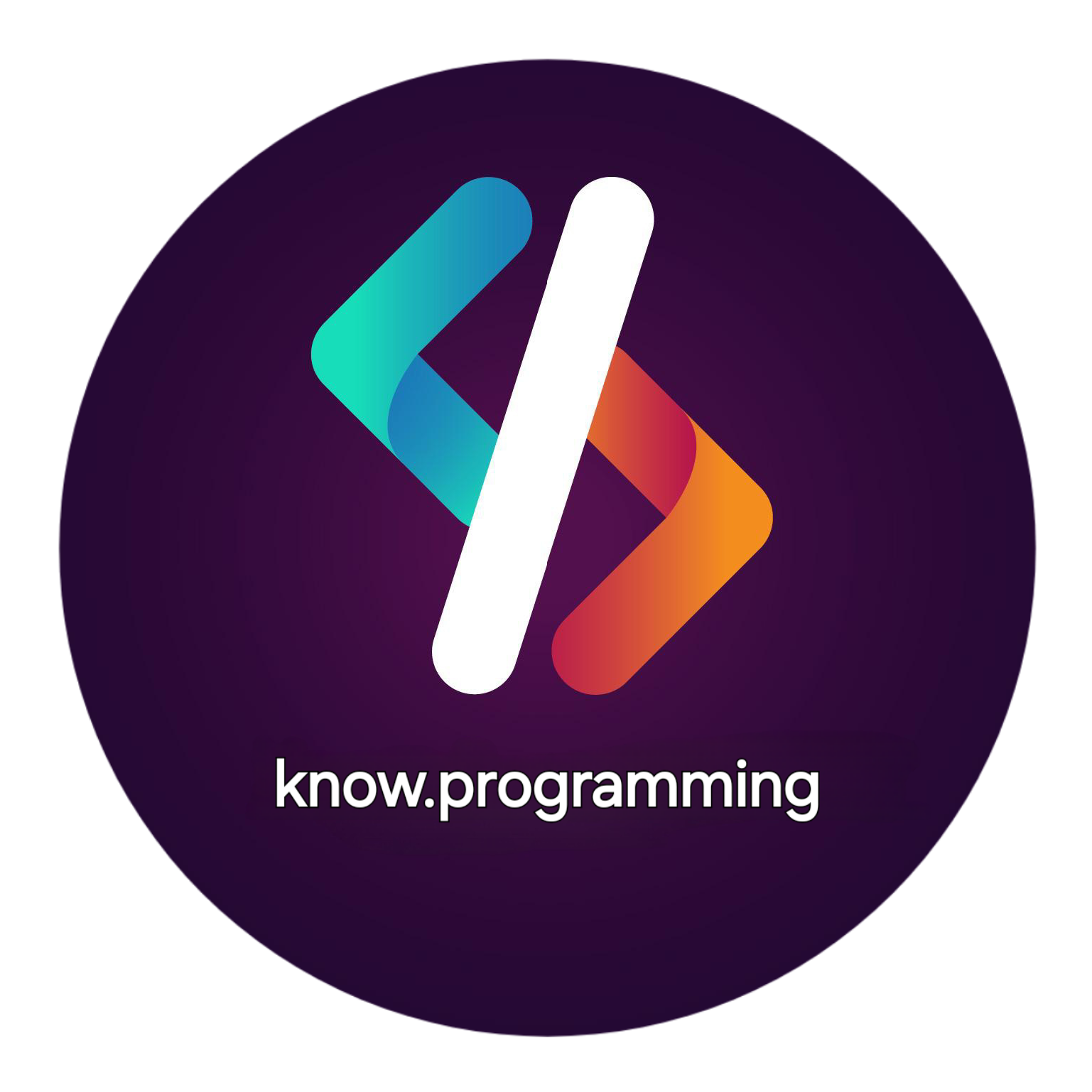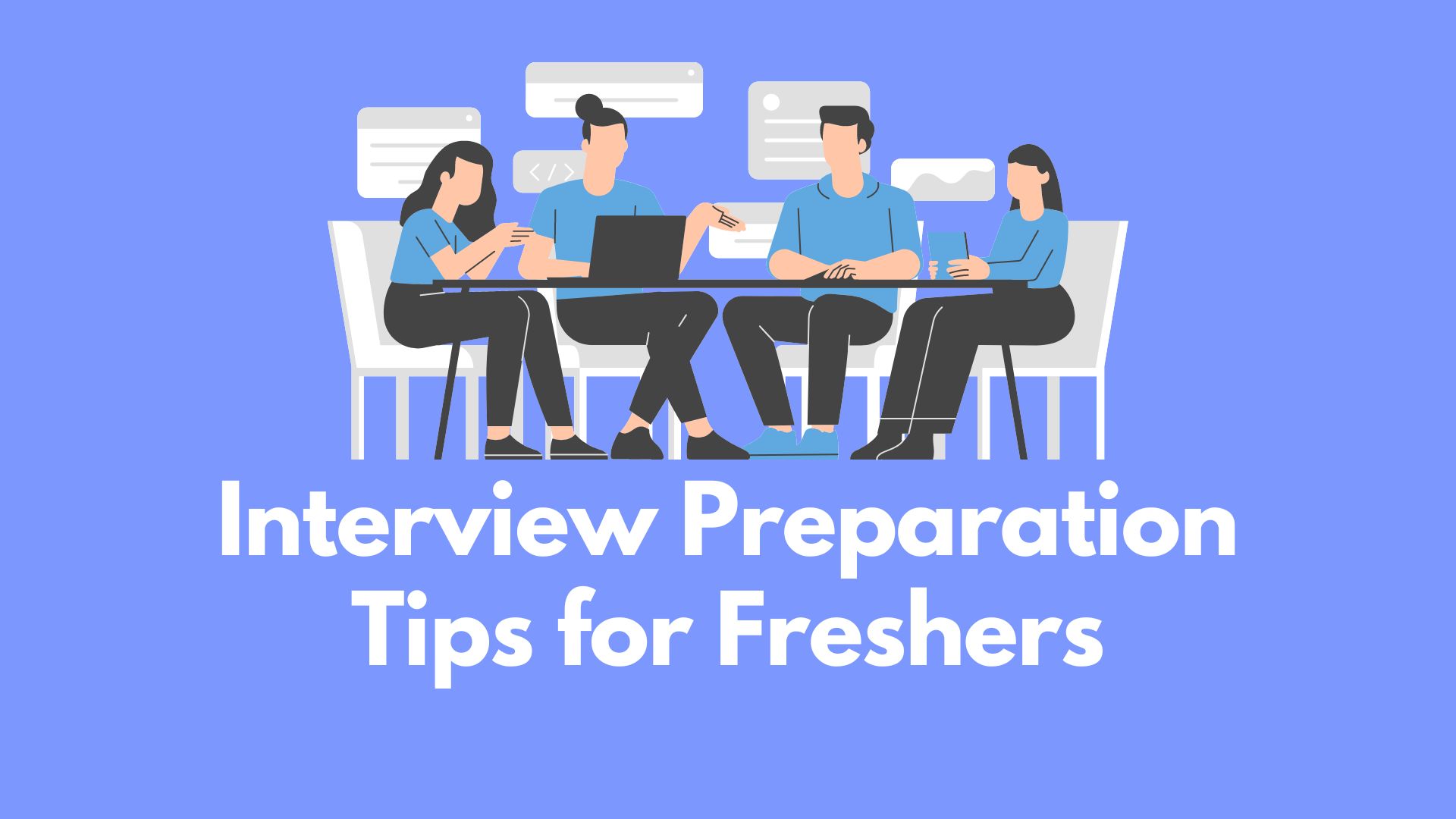Interview Preparation Tips for Freshers in Software Engineering: Your Ultimate Guide
Landing your first job as a software engineer can be both exciting and challenging. The competition is stiff, and employers are seeking candidates who not only have technical skills but also possess problem-solving abilities, teamwork, and strong communication skills. In this post, I’ll provide you with practical interview preparation tips to help you stand out as a fresher and get your dream job in software engineering. We’ll cover key topics such as technical preparation, soft skills, coding practice, and interview tips to help you succeed.
1. Understand the Job Role and Company
Before applying for a software engineering position, you need to have a good understanding of the job role and the company you’re interviewing for. Many companies expect freshers to be familiar with their tech stack, the nature of their projects, and their work culture.
Research the company by visiting their website, reading up on their recent projects, and checking out their Glassdoor reviews. Understand the specific requirements of the role and be ready to talk about how your skills match the job description. Showing an understanding of the company’s values and goals will help you stand out as a candidate.
2. Master Programming Fundamentals
As a fresher, your foundation in programming languages is critical. Whether the company uses Java, Python, C++, or JavaScript, you need to demonstrate proficiency in at least one of them.
Start by revisiting your fundamentals. Be ready to answer questions about object-oriented programming (OOP), data types, control structures, and exception handling. Practicing code on platforms like LeetCode or HackerRank will sharpen your skills. Understanding the syntax and concepts thoroughly will help you during technical rounds.
3. Data Structures and Algorithms
Data structures and algorithms are key to solving most coding problems in technical interviews. Recruiters evaluate both your problem-solving methods and the efficiency of your solutions.
Concentrate on thoroughly understanding and mastering the key data structures that are frequently used in technical interviews:
Arrays and Strings
Linked Lists
Stacks and Queues
Hash Tables and Hash Maps
Binary Trees and Graphs
Additionally, make sure you have a strong understanding of key algorithms, including various sorting techniques (such as Quick Sort and Merge Sort), searching methods (like Binary Search), and concepts in dynamic programming. Understanding Big O notation is crucial for optimizing your solutions. You can practice problems on GeeksforGeeks or Codeforces to build your problem-solving skills.
4. Build a Portfolio of Projects
A well-built project portfolio demonstrates that you not only understand theory but can apply it in real-world scenarios. Employers love candidates who have hands-on experience.
Here are some steps you can take to create a standout portfolio that showcases your skills and experience:
Personal Projects: Develop projects that showcase your ability to solve real-world problems. Choose something simple yet impactful, such as a task management app or an e-commerce website.
GitHub Repository: Store your code in a GitHub repository and ensure it is well-organized and documented. Recruiters often review GitHub portfolios to evaluate the quality of your work.
Open Source Contributions: Contributing to open-source projects will enhance your coding skills and display your ability to collaborate with other developers.
Having concrete examples of your work adds credibility and depth to your resume.
You may also like: Software Development best Practices
5. Practice Mock Interviews
Mock interviews are an excellent way to simulate real interview environments. It prepares you to tackle real-time pressure while solving problems or explaining your approach. You can sign up for mock interviews on platforms like Pramp or Interviewing.io, where you can practice coding questions and get feedback from peers or professionals.
The more you practice, the more confident you’ll feel when the actual interview happens. Focus on communication and the ability to articulate your thought process during coding interviews.
6. Behavioral and HR Questions
Technical knowledge alone won’t land you the job. Many companies place significant weight on behavioral and HR questions to assess whether you’ll fit into their work culture. Common questions include:
Tell me about yourself.
Why do you want to work for this company?
Describe a time when you worked in a team and showcase your involvement.
How do you handle challenges or stress?
Prepare examples of situations where you demonstrated leadership, problem-solving, teamwork, and adaptability. Use the STAR method (Situation, Task, Action, Result) to answer these questions systematically.
7. Technical and Coding Round Strategies
In the technical round, focus on solving problems logically and efficiently.
Here are some effective strategies to achieve success:
Clarify the Problem: Don’t jump straight into coding. Clarify any ambiguities by asking questions about the problem.
Break Down the Problem: Break the problem into smaller parts and explain your approach to the interviewer.
Think Aloud: Share your thought process out loud, so the interviewer knows how you’re approaching the solution.
Optimize: Once
8. Problem Solving and Analytical Thinking
Problem-solving is one of the most critical skills in software engineering. During interviews, it’s important to showcase your ability to analyze problems, think critically, and come up with efficient solutions. Employers are particularly interested in how you break down complex problems into manageable chunks.
A useful approach is pseudocode. Writing out a rough algorithm in simple English before jumping into the actual code allows you to think clearly about your approach. Always consider edge cases and test your solution with different inputs before presenting it to the interviewer.
9. Focus on Soft Skills and Communication
Many freshers overlook the importance of soft skills. Being a strong communicator and having the ability to work in teams is crucial for career success. In an interview, this is tested through:
Clear Communication: Whether it’s explaining a technical problem or describing your past experiences, how clearly and concisely you communicate matters.
Teamwork and Collaboration: Employers want team players. Be prepared to discuss how you’ve worked collaboratively in college projects or internships.
Adaptability: In the fast-changing tech landscape, being adaptable to new technologies and tools is a prized trait. Show that you’re open to learning and growth.
10. Stay Calm and Confident During Interviews
Lastly, it’s important to maintain calm and confidence throughout the interview process. Nervousness is natural, but over-stressing can lead to mistakes. Here’s how to keep your cool:
Breathe: Take deep breaths to stay calm, especially when faced with a difficult question.
Pace Yourself: Don’t rush through the problem. Think methodically and clearly before you respond.
Learn from Mistakes: If you make an error, don’t panic. Acknowledge it, and if possible, correct it. Interviewers appreciate candidates who can admit to and learn from their mistakes.
Confidence often comes from thorough preparation, so practice well and trust in your abilities.
Conclusion
Cracking a software engineering interview as a fresher might seem overwhelming, but with the right preparation, you can shine. From mastering programming fundamentals and algorithms to honing your problem-solving and soft skills, these tips will help you build confidence and perform at your best. Be patient, stay persistent, and keep practicing. With determination and preparation, you’ll soon land your dream job in software engineering.
Good luck with your interviews!
Follow us on Instagram : know.programming

